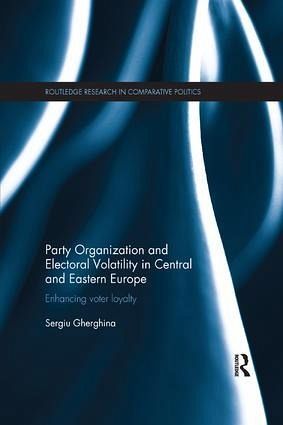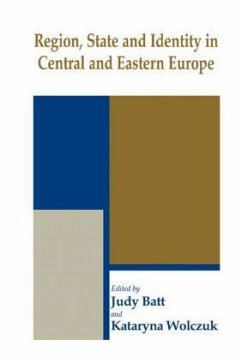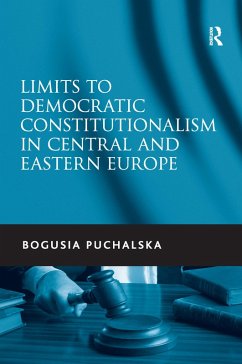
Party Organization and Electoral Volatility in Central and Eastern Europe
Enhancing voter loyalty
Versandkostenfrei!
Versandfertig in 1-2 Wochen
60,99 €
inkl. MwSt.
Weitere Ausgaben:

PAYBACK Punkte
30 °P sammeln!
Political parties in post-communist countries have very high levels of electoral volatility. In these environments, political factions fail to establish long-term connections with the electorate and thus regularly rise and fall from the political arena. This book provides an organizational explanation for the variations in party-level electoral volatility. It looks comparatively at 29 political parties in six Central and Eastern European democracies between 1990 and 2008 to examine how political parties can influence their electoral environment. Using empirical evidence, Gherghina tests the ef...
Political parties in post-communist countries have very high levels of electoral volatility. In these environments, political factions fail to establish long-term connections with the electorate and thus regularly rise and fall from the political arena. This book provides an organizational explanation for the variations in party-level electoral volatility. It looks comparatively at 29 political parties in six Central and Eastern European democracies between 1990 and 2008 to examine how political parties can influence their electoral environment. Using empirical evidence, Gherghina tests the effect of candidate selection procedures, membership organizations, and re-nomination of incumbent MPs on voters' loyalty, and in doing so, demonstrates how party organization greatly affects electoral stability. Including case studies from Bulgaria, Czech Republic, Hungary, Poland, Romania, and Slovakia this book will be of interest to students and scholars of comparative politics, party politics, democratization, elections, and Central and Eastern European politics.














